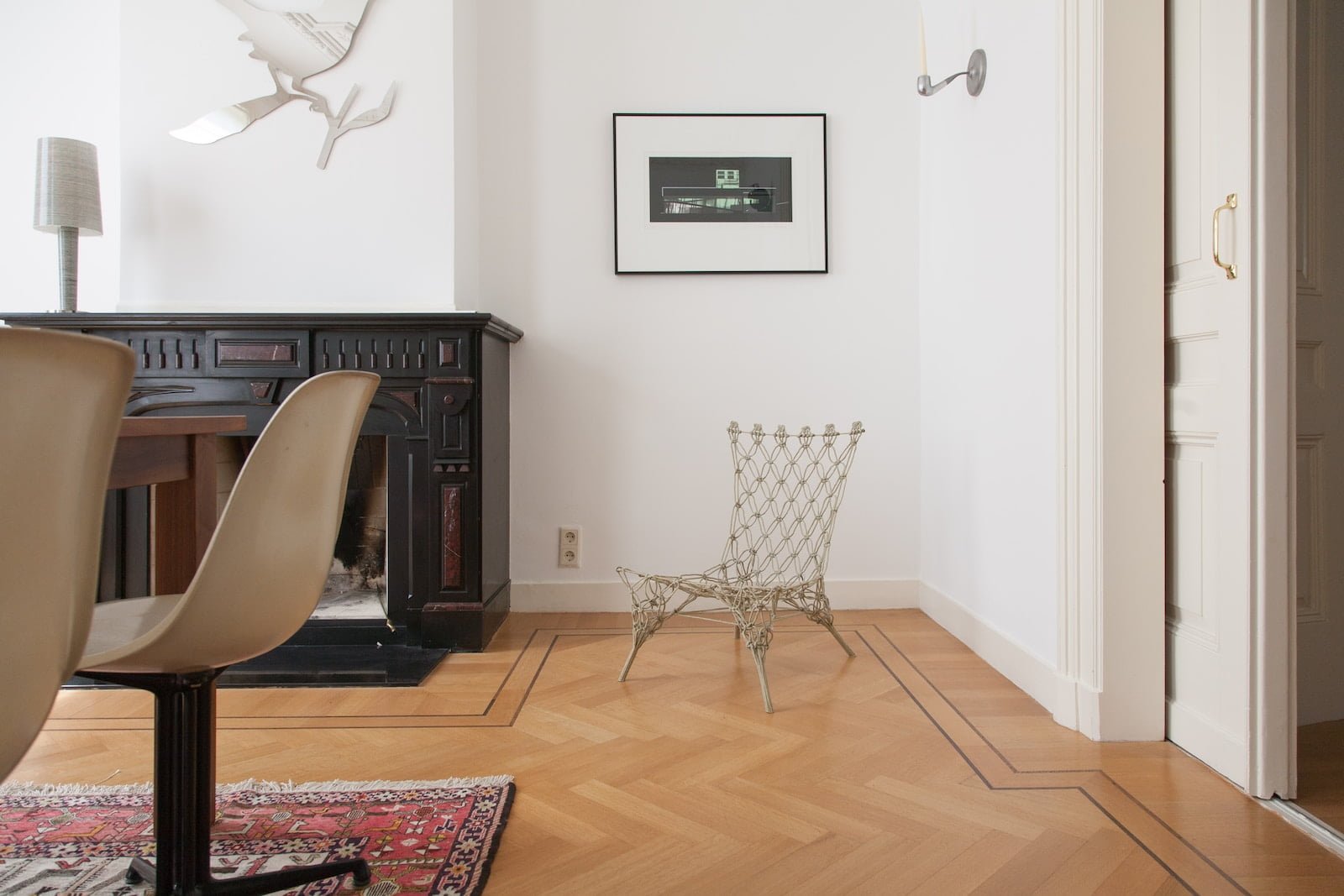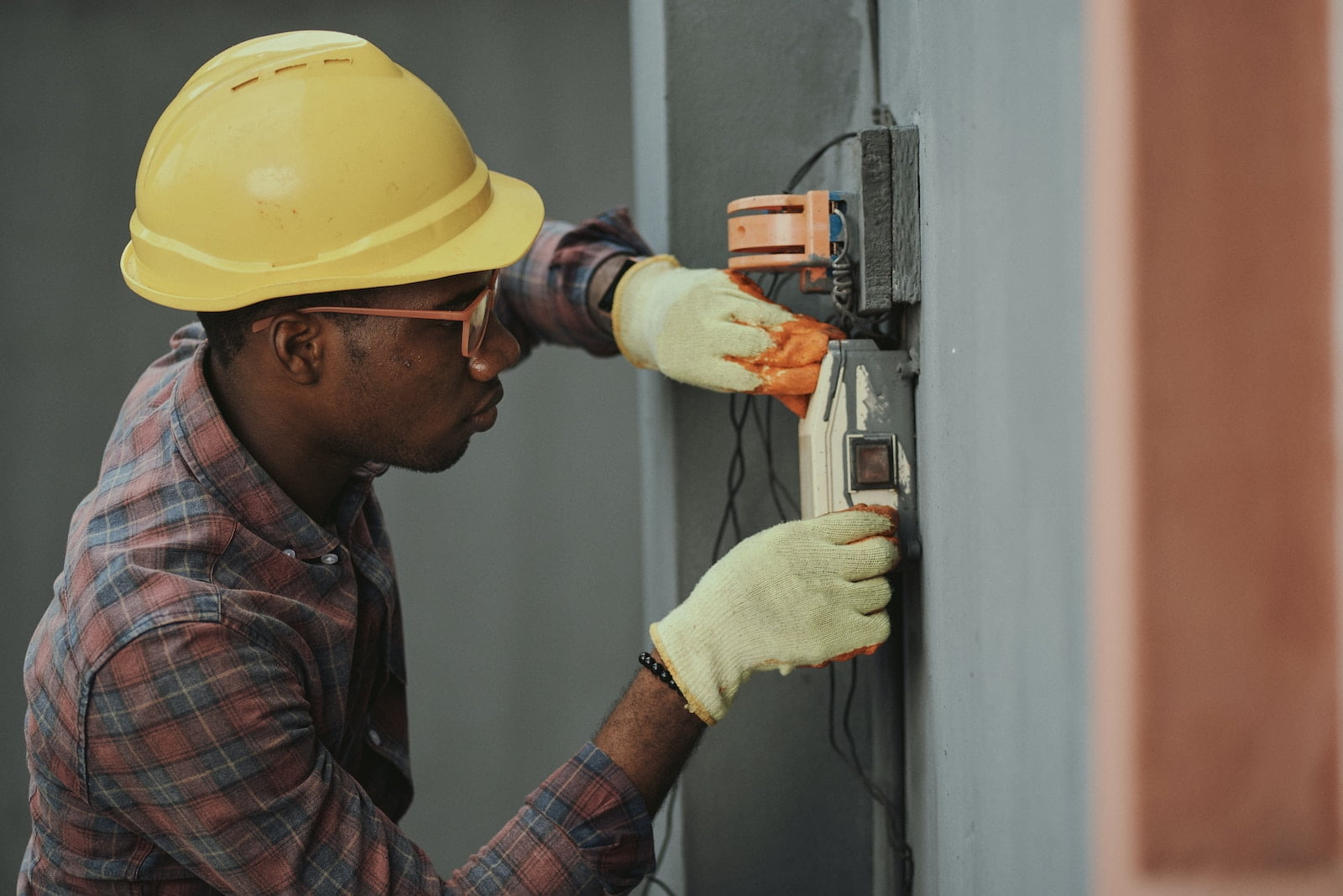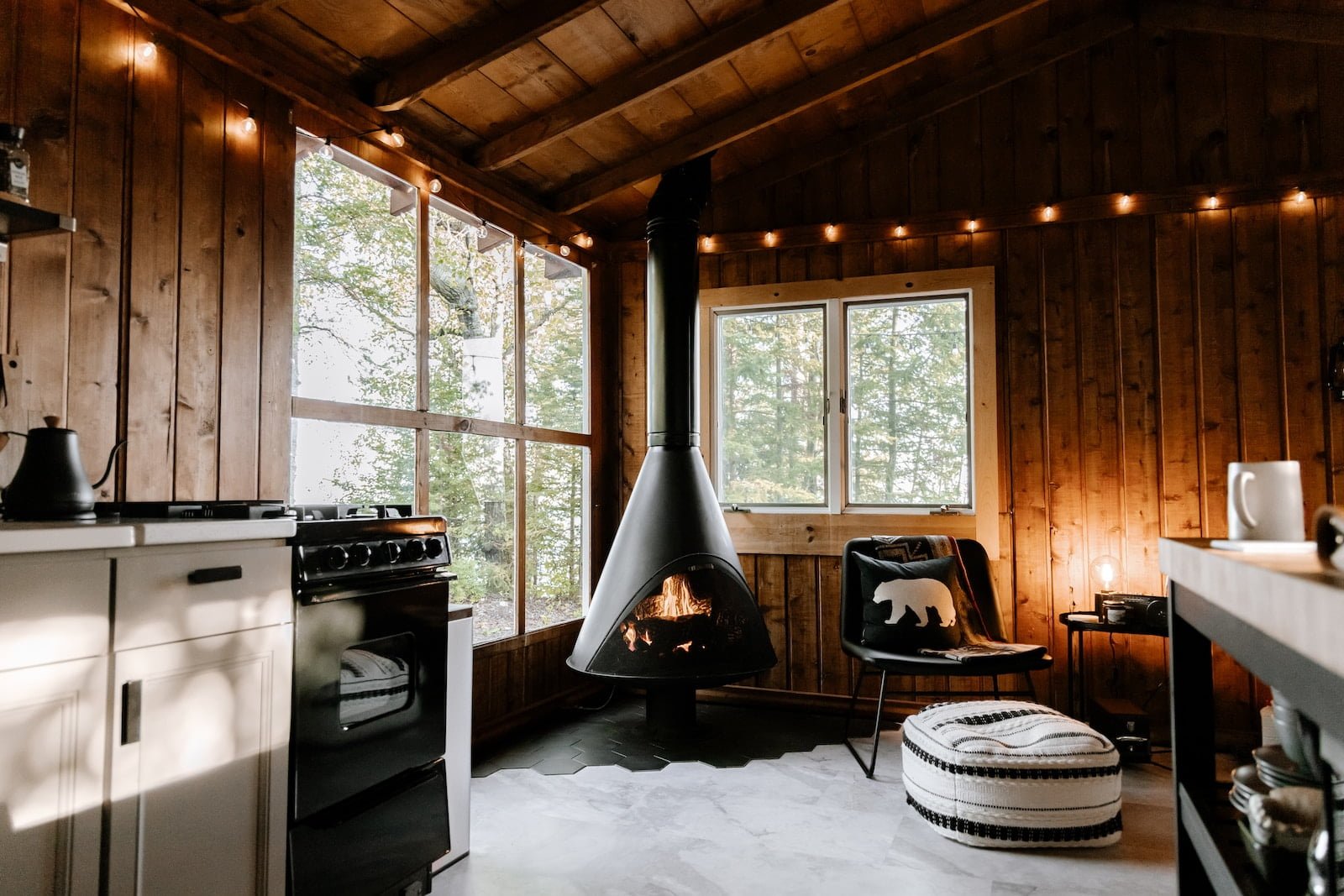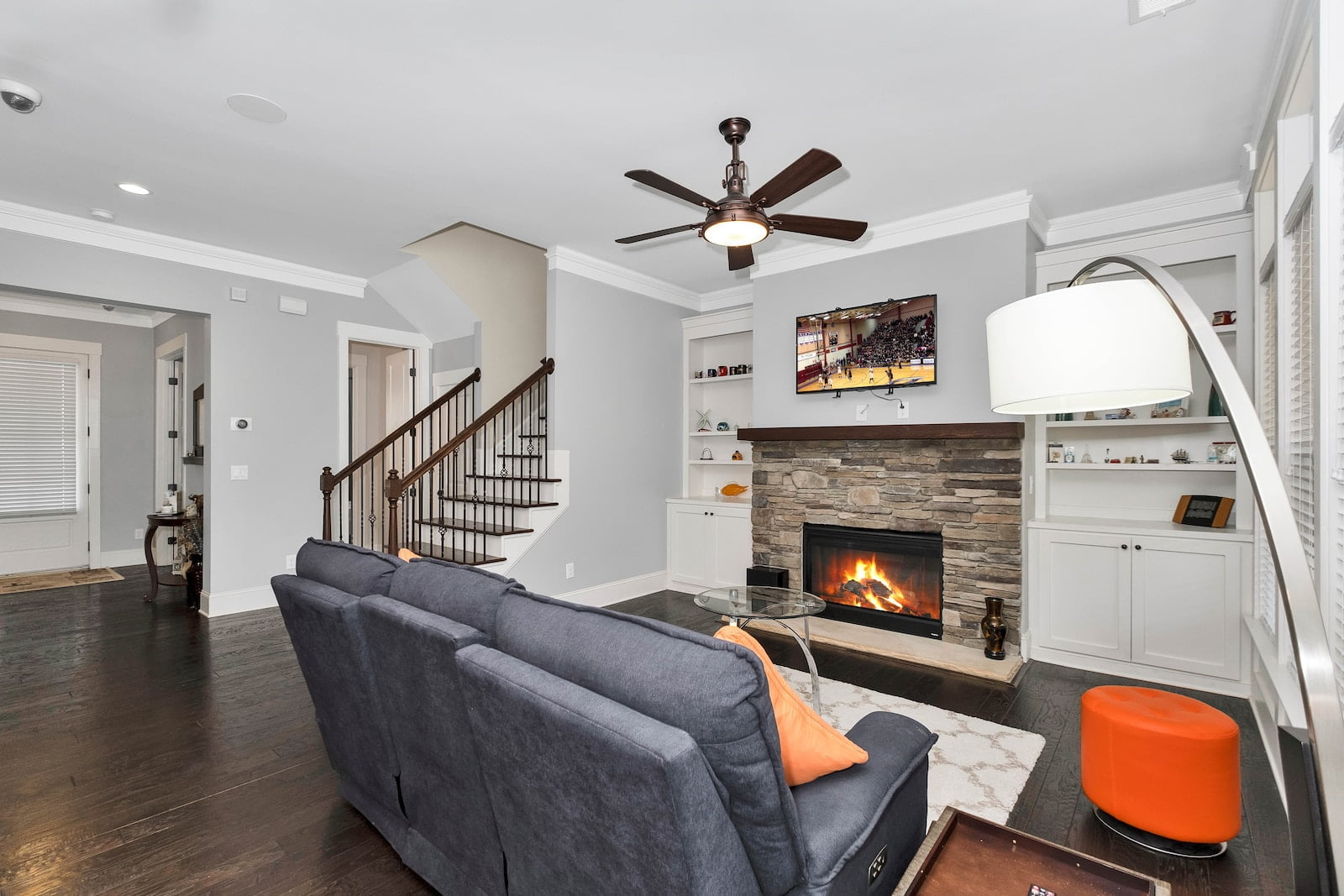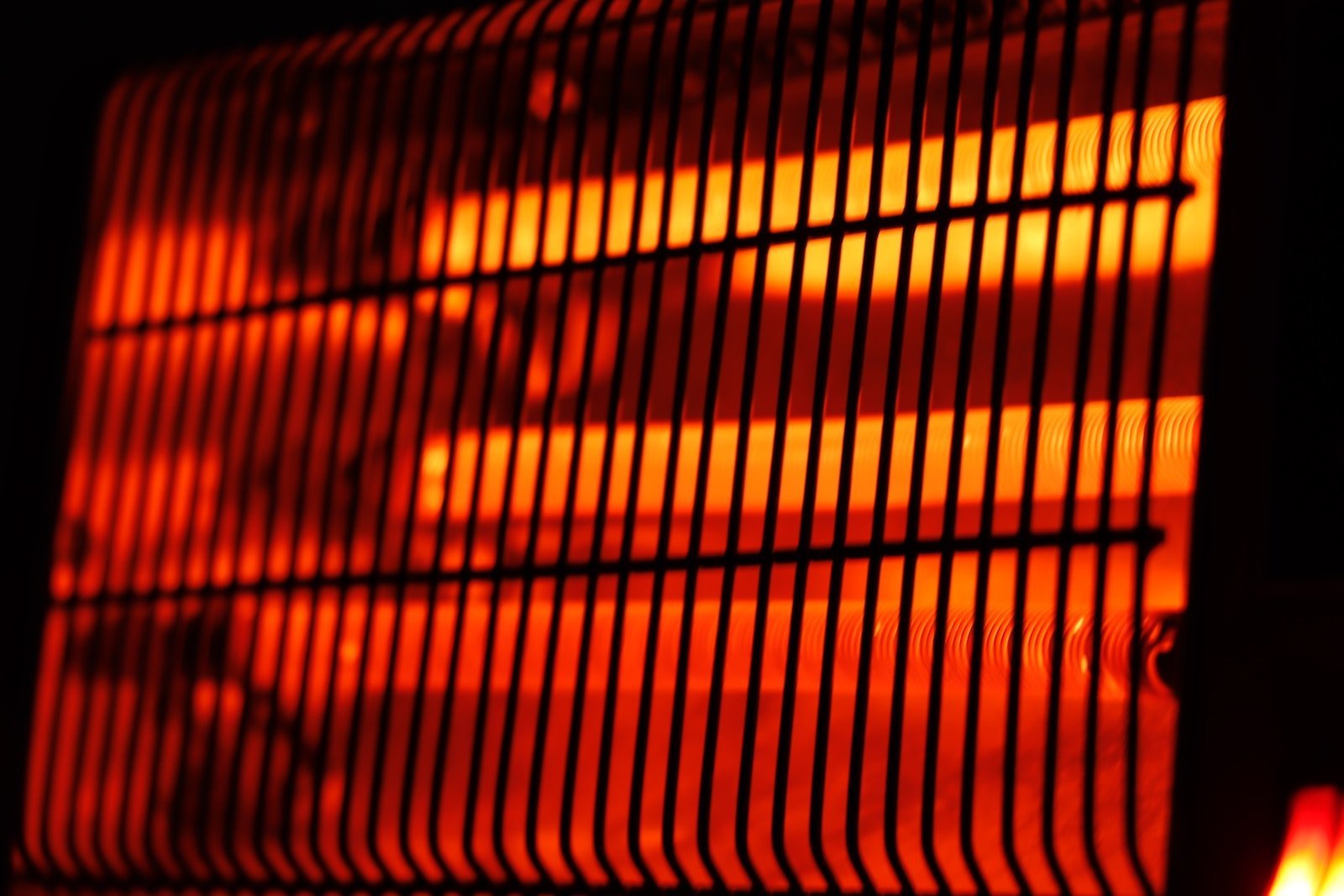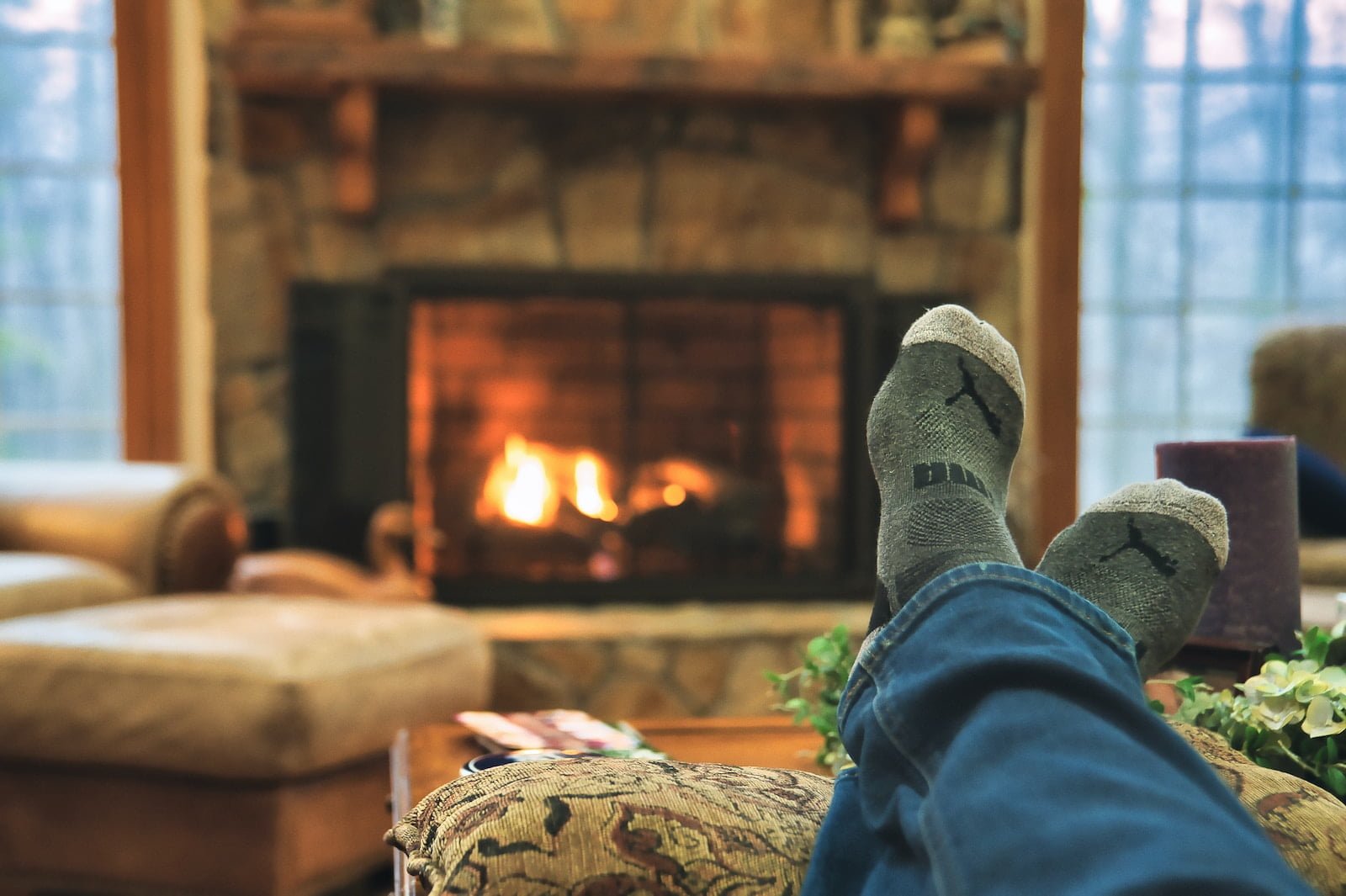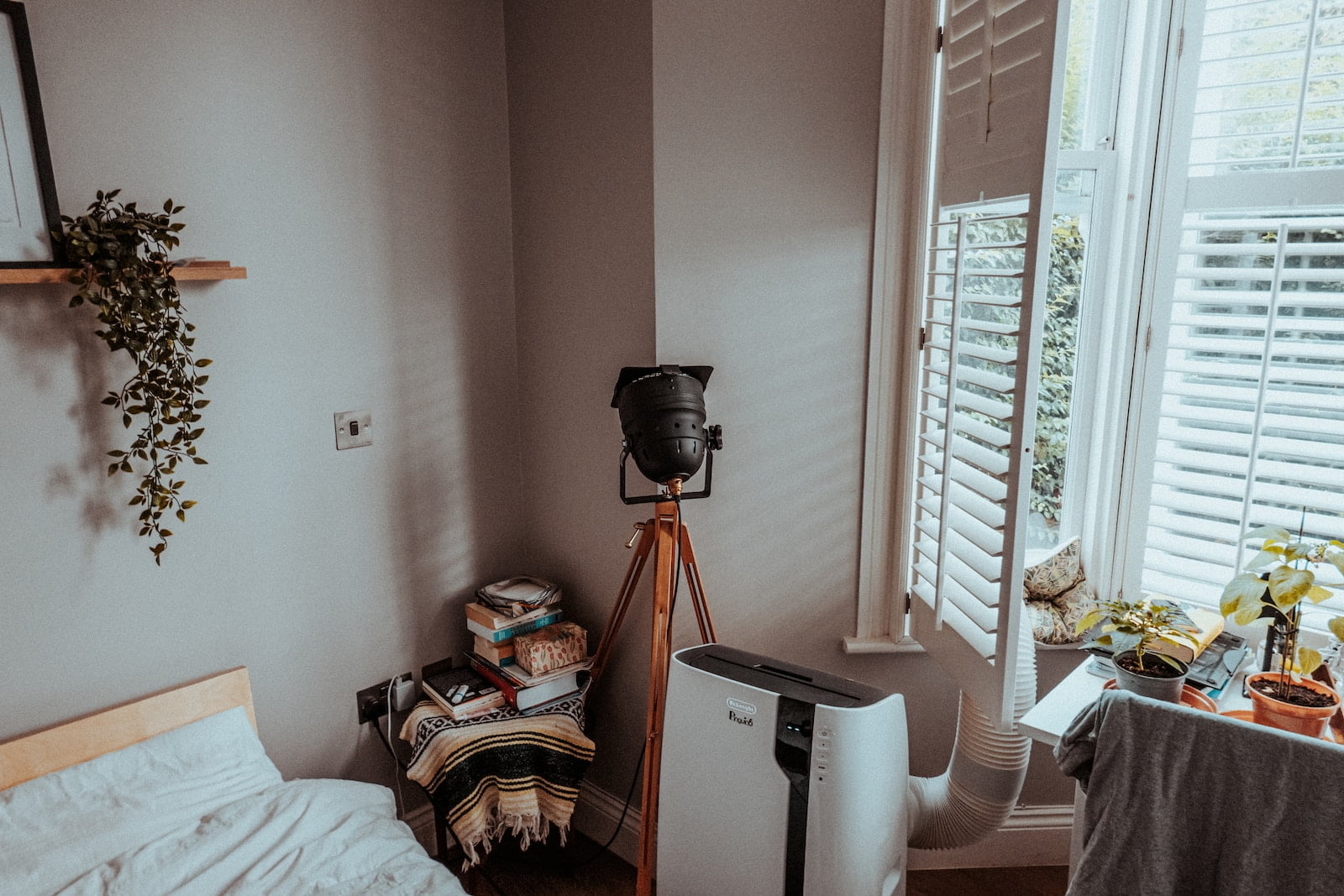Which is Better: Fireplace or Central Heat?
There has been a long-standing debate between fireplace and central heat as the primary source of warmth in households. While some argue that the traditional fireplace provides a cozy and rustic ambiance, others contend that central heat is more efficient and environmentally friendly. This article aims to explore the pros and cons of both heating options and provide readers with a comprehensive understanding of their differences. By the end of this article, readers will be able to make an informed decision on which heating method best suits their needs and preferences.
Cost Savings
One of the biggest advantages of having a fireplace is the potential cost savings it can provide. Fireplaces are a great way to supplement your home’s heating system, which can help reduce your energy bills during the colder months. By using your fireplace to heat your home, you can also reduce your reliance on your central heating system, which can help extend its lifespan and reduce maintenance costs. Additionally, firewood is often less expensive than other heating fuels, such as propane or natural gas, which can help you save money in the long run.
Ambiance
Another benefit of having a fireplace is the cozy and inviting ambiance it can create in your home. There’s something about the crackling of a fire and the warm glow of the flames that can instantly make a room feel more comfortable and welcoming. Whether you’re entertaining guests or simply relaxing at home with your family, a fireplace can help set the mood and create a comfortable atmosphere that everyone will enjoy.
Backup Heating During Power Outages
In addition to providing cost savings and ambiance, a fireplace can also serve as a backup heating source during power outages. When the power goes out, your central heating system may not work, leaving you without heat in the middle of winter. However, if you have a fireplace, you can still keep your home warm and comfortable until the power comes back on. This can be especially important for families with young children or elderly relatives who may be more vulnerable to the cold.
Advantages of Central Heat
Another advantage of central heat is convenience. With central heat, you don’t have to worry about manually turning on and off individual heaters in each room. The thermostat controls the temperature throughout the entire house, making it easy to maintain a comfortable temperature. Additionally, central heat allows for more control over the temperature in each room, which can be adjusted to suit individual preferences. This is especially useful in larger homes where different parts of the house may have varying heating needs.
Safety is another advantage of central heat. Unlike space heaters or other types of heating devices, central heat doesn’t pose a fire hazard. It’s also safer for families with children and pets, as there are no exposed heating elements or cords that could be tripped over. Central heat also eliminates the risk of carbon monoxide poisoning, which can occur with gas or propane heaters if they are not properly maintained.
Finally, central heat is more energy efficient than other heating methods. With central heat, heat is distributed evenly throughout the house, which means less energy is wasted. Additionally, modern central heating systems are designed to be more energy efficient, which can help reduce energy bills and lower your carbon footprint. Overall, central heat is a reliable, safe, and cost-effective way to keep your home warm and comfortable during the colder months.
Disadvantages of a Fireplace
Another major disadvantage of having a fireplace is the need for regular maintenance. Fireplaces require cleaning and inspection to ensure that they are working properly. If not maintained properly, a fireplace can become a safety hazard. Additionally, fireplaces can produce air pollution. Burning wood releases particles and chemicals into the air that can be harmful to human health and the environment. This can be particularly problematic for individuals with respiratory issues, such as asthma or allergies. Furthermore, fireplaces can pose safety hazards. Flames can easily spread, and sparks can fly out of the fireplace and ignite nearby objects. This is especially dangerous if flammable materials are nearby, such as curtains or furniture.
Overall, while fireplaces can create a cozy and inviting atmosphere, they come with several drawbacks. From the need for regular maintenance to air pollution and safety hazards, it’s important to carefully consider the pros and cons before deciding to install a fireplace in your home.
Disadvantages of Central Heat
Another disadvantage of central heat is its dependence on electricity or gas. If there is a power outage, your central heat will not work. This can be a major issue during the winter months when temperatures drop below freezing. Additionally, if you rely on gas for your central heat, you may be subject to fluctuations in gas prices. This can result in higher heating bills and added expenses that you may not have budgeted for.
Finally, central heat lacks ambiance. Unlike traditional fireplaces or space heaters, central heat does not provide the same level of warmth and coziness. If you are looking to create a warm and inviting atmosphere in your home, central heat may not be the best option. Additionally, central heat can be noisy, especially if you have a furnace that turns on and off frequently. This can be a distraction and can make it difficult to relax or focus on other tasks.
Overall, while central heat is a convenient and efficient way to heat your home, it does come with some disadvantages. From high installation and maintenance costs to dependence on electricity or gas and lack of ambiance, it is important to weigh the pros and cons before making a decision about which type of heating system is right for you.
